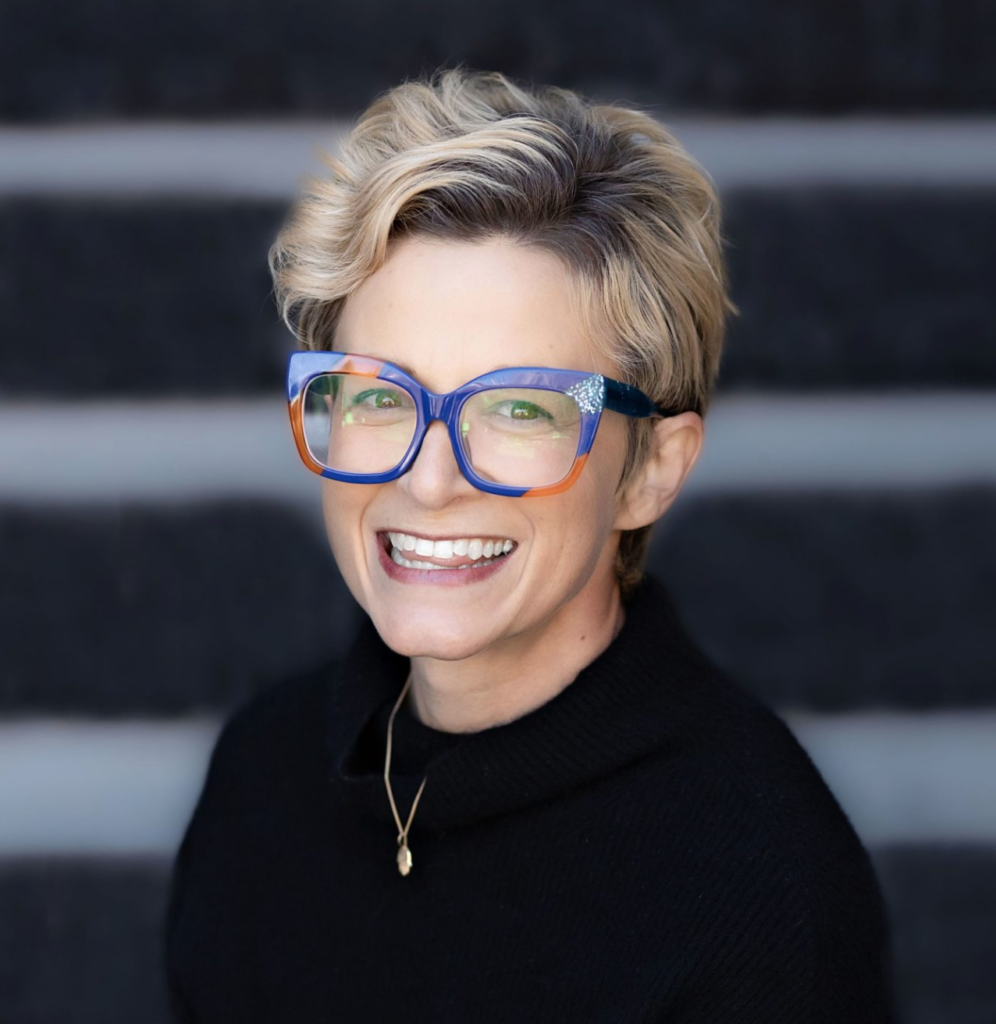
May 30, 2024
Allison Alexander
The benefits of individual therapeutic work are commonly understood and recognized, but cost and practitioner availability, among other barriers, can prevent some from accessing one-on-one support. Group support and gatherings have been gaining popularity and emerging as a powerful tool for healing, allowing individuals to access support.
While some might associate group work with addiction and substance abuse recovery, that is just one model. Several local non-profits have incorporated group work into their model and offerings to meet community needs and support connection and belonging.
In 2023, HeadQuarters, a local mental health non-profit, began hosting groups called Common Roots. While Common Roots was initially launched for men, it recently expanded to offer a monthly women’s group.
“Living in mountain towns often leads to feelings of isolation, loneliness, and lack of community. Men, in particular, are most impacted as they are taught from an early age that vulnerability is a weakness and all problems need to be resolved on one’s own. The result is a plethora of unhealthy coping mechanisms and, in too many cases, suicide. This is where Common Roots comes in. Since its inception in August 2023, I have witnessed firsthand over 100 men within the Roaring Fork Valley (RFV) come together and listen to other men share their lived experiences in a safe space where judgment and problem-solving are checked at the front door. Unlike traditional therapy, Common Roots is a gathering that challenges traditional ideas of support groups through peer empowerment, deep listening, and the embodiment of new ways of being that offer strength, hope, and even the seeds of cultural change,” shared Erik DaRosa, one of the group’s leaders.
These group offerings can potentially create shifts throughout our region in a broader way than perhaps might be possible through individualized work.
Erik Wardell, another one of the group’s leaders and a local counselor, offered, “Men’s groups are a catalyst for positive change in our communities. Think about all these men from all over the RFV coming together to connect, learn, be vulnerable, and develop as individuals. When they disperse, they take with them their learnings and growth which get poured back into their families, workplaces, relationships, and daily lives. As more and more men engage in this process, a wave of positive systemic change ripples through the valley.”
Men’s group work personally transformed his life: “Participating in men’s groups taught me that I love going deep with other humans. This led me to rethink my career as a marketer, get a master’s degree in counseling, and enter the mental health field here in the valley. More importantly, this work allows me to show up as a better husband, father, friend, and member of this community.”
Group sessions are open to the community to join at any time. The themes explored are connected to day-to-day life in our region.
“Each of these topics is meant to build upon the month prior to help all attendees heal and grow together. For instance, in the fall, we had several impactful discussions about how the changing seasons can impact our physical and mental health and the importance of healthy coping mechanisms to ease that transition. Winter brought insightful conversations around isolation and solitude and how one can be seen as unhealthy while the other can be viewed as self-care. As we move from the spring into the summer, our overarching theme is how we seek community, connection, and belonging in a valley that can often leave us feeling alone on an island,” explained DaRosa.
Pathfinders, a local grief and loss support non-profit, has also offered support groups for several years and has found that bringing community members together to explore their shared experiences profoundly impacts healing and mental health.
Amanda Petersen, a local counselor, has led grief support groups for Pathfinders since 2019 and began co-leading the Common Roots women’s group last month. She has found that groups allow multiple people to heal simultaneously.
She shared, “When people gather to share, you heal not only the person sharing, but also the people listening and learn they aren’t alone in their experiences. It is a different kind of community building.”
Additionally, she shared that it is common for group members to connect outside of the meetings in group chats or meet-ups, further building on the relationships created in the group.
Finding community as adults can be challenging, but these spaces are open to all willing to be open and curious. To learn more about joining group sessions, please visit pathfindersforyou.org or headq.org.
Philanthropic support for organizations offering group mental health support or the Mental Health Fund ensures they can continue creating ripples that improve lives throughout our region. In a region where isolation is a reality for many, these groups build community and strengthen a sense of connectedness and belonging one meeting at a time.
Allison Alexander is the director strategic partnerships and communication at Aspen Community Foundation. ACF, with the support of its donors, works with a number of non-profits in the Roaring Fork and Colorado River valleys. Throughout the year, we will work to highlight non-profits in the region.